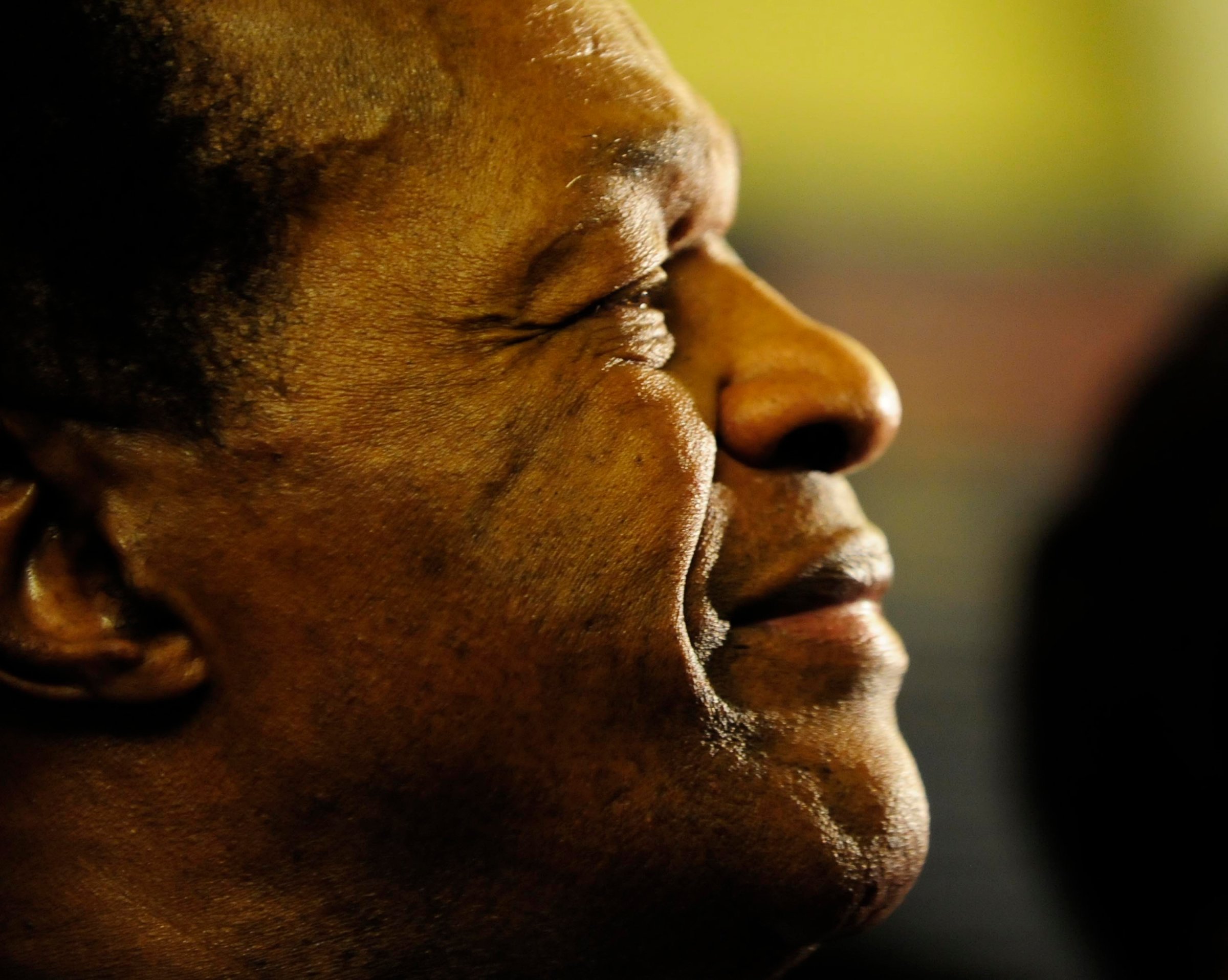
As a person and a politician, former Washington, D.C., mayor Marion Barry Jr. left a conflicted legacy: a charismatic voice for the voiceless whose legacy was scarred by a 1990 arrest for cocaine possession among a collection of other scandals.
As a black mayor who held office in the nation’s capital in the wake of the civil rights movement, Barry was part of an unmatched era in our nation’s political history.
“The importance of the moment cannot be overstated,” says Jeffrey Adler, a history professor at the University of Florida. “In some cities, within 15 years you went from having racially segregated water fountains to African-American mayors.”
Between 1967 — when Cleveland’s Carl Stokes became the first black person elected as mayor of a major U.S. city — and 1995 around 400 African Americans had been elected to lead American cities both large and small, according to Adler. By the late ’80s, Washington, Atlanta, Chicago, Philadelphia, Los Angeles and even Birmingham, Ala., had all had elected black mayors. Adler calls it a stunning transformation given the nation was barely two decades removed from Jim Crow.
“There was a joke around the time the first black man was elected mayor of Newark, that went something like ‘But, who would want to be mayor of Newark?’” recalls David Dinkins, who was elected as the first and only black mayor of New York City in 1990. “It was a tough time, but it was also a moment of significance that some of us were able to ascend and to reach high offices.”
The impact of that achievement meant a lot to people beyond just the political realm, Dinkins says, calling mayors the “ Jackie Robinsons and Althea Gibsons of their era.” Yet, black mayors, including Barry who was first elected in 1978, came to power at a time when the urban areas they led were rife with issues. Blacks had ascended in the wake of Jim Crow-era policies, but the cities they often occupied were in decline. Unemployment and crime rates were high. And as more blacks migrated to urban centers, more whites migrated out.
“It was summed up well by first President Bush,” says Kurt Schmoke, the first black person elected mayor of Baltimore. “There was more will than wallet. You had an electorate that hoped you could achieve a great deal, but resources were limited.”
Among the high-profile group of black mayors, Barry had some of the greatest impact on marginalized communities—the Washington Post calls him a”national symbol of self-governance for urban blacks”— but he has also had some of the most visible shortcomings. In the eyes of his critics and detractors, the work he did to provide jobs for youth and bring business to blighted areas was overshadowed by a fateful night at the Vista Hotel, where an FBI sting birthed the phrase “bitch set me up” and led to a circus-like trial, a stint in federal prison and, eventually, to a political redemption with another term as mayor and a city council seat he held until his death.
Barry, who long ago earned the moniker “mayor for life,” was long past his political prime when he died, and to many, he remained an imperfect figure. But still, his years as mayor were inspiration to some.
He was a transitional figure whose roots in the civil rights movement were a major factor in his governing, says Kurt Schmoke, the first black person elected mayor of Baltimore. Schmoke, who served as mayor from 1987 to 1999, credits Barry with helping him to “mold his approach to office” in his early years.
“Mayor Barry’s career certainly was tainted, but I hope people will remember the full context of a long career,” Schmoke says.” There was a time when he was a real contributing member not only to the African-American community, but to society as a whole.”
More Must-Reads from TIME
- Cybersecurity Experts Are Sounding the Alarm on DOGE
- Meet the 2025 Women of the Year
- The Harsh Truth About Disability Inclusion
- Why Do More Young Adults Have Cancer?
- Colman Domingo Leads With Radical Love
- How to Get Better at Doing Things Alone
- Michelle Zauner Stares Down the Darkness
Contact us at letters@time.com